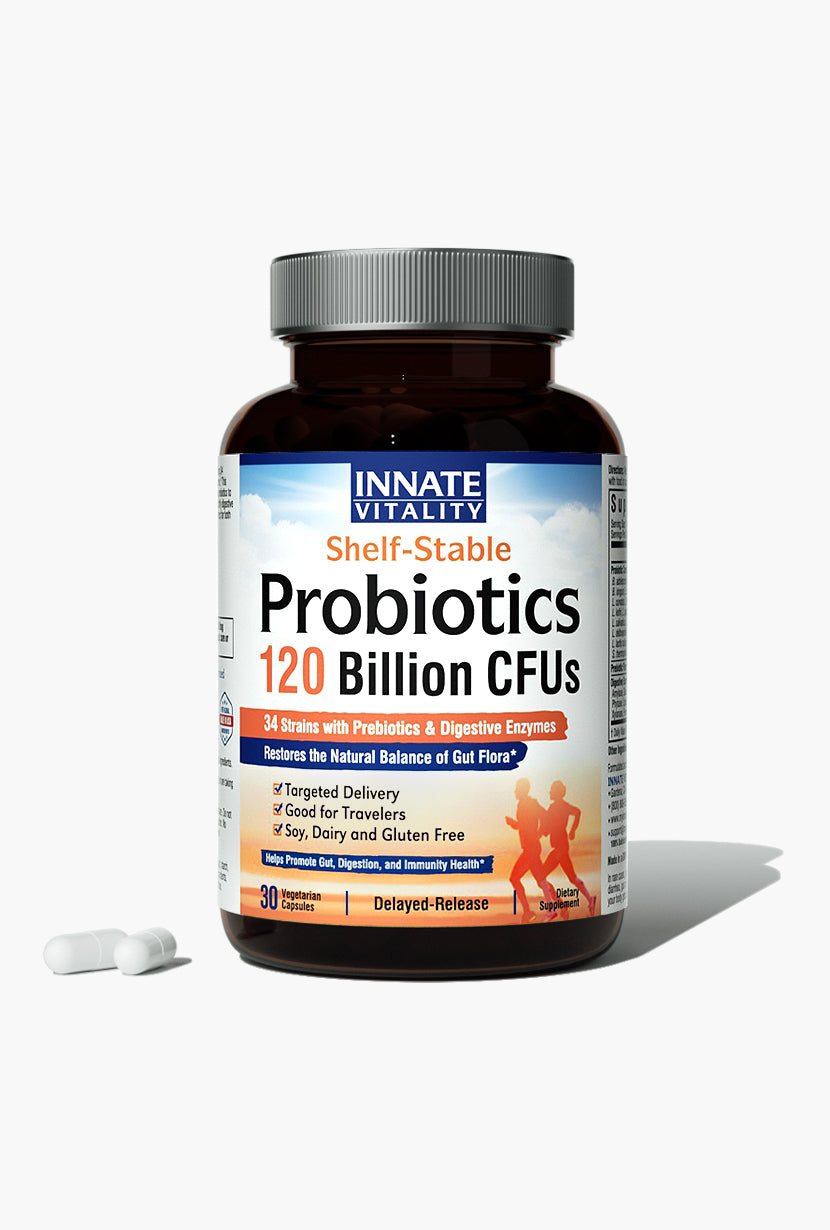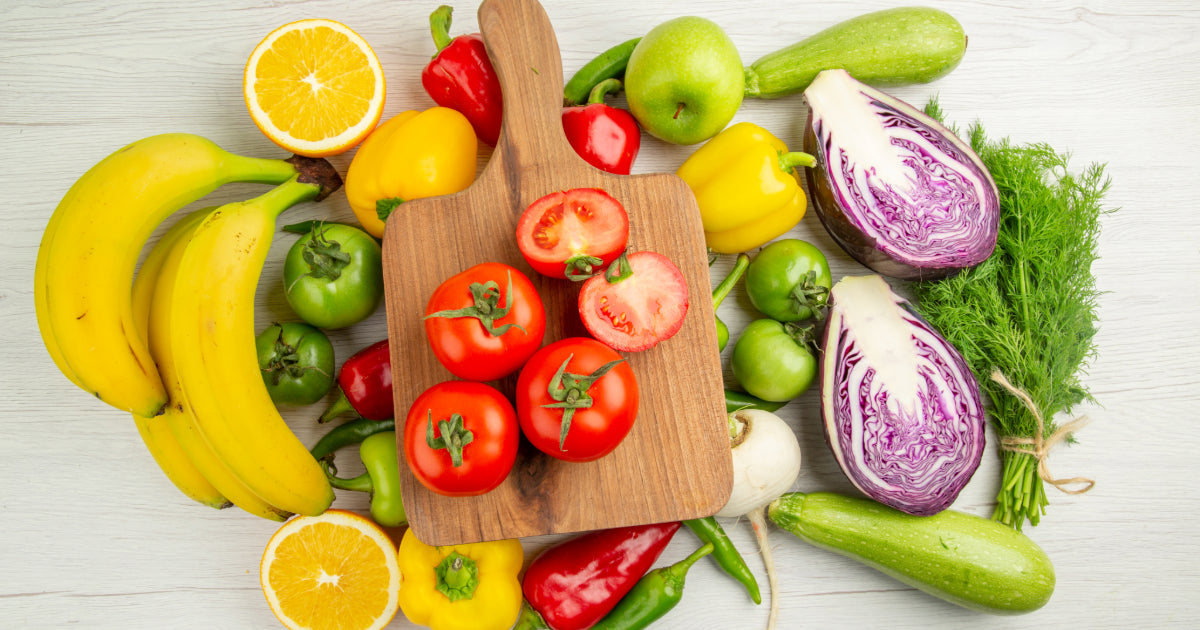The Power of a Plant-Based Diet: Nutrition, Benefits, and How to Get Started

In recent years, the plant-based diet has gained tremendous popularity—not just as a trend, but as a lifestyle change that supports better health, sustainability, and overall well-being. Whether you’re aiming to improve your nutrition, boost energy, or make more eco-conscious food choices, adopting a plant-based lifestyle offers countless benefits.
What Is a Plant-Based Diet?
-
Vegetables and leafy greens
-
Fruits
-
Whole grains (brown rice, quinoa, oats, barley)
-
Legumes (beans, lentils, chickpeas, peas)
-
Nuts and seeds
-
Plant-based oils in moderation (olive, avocado, flaxseed)
Unlike strict veganism, a plant-based lifestyle doesn’t necessarily require you to eliminate animal products completely. Instead, it encourages prioritizing plants while reducing or avoiding meat, dairy, and processed foods.
The Benefits of a Plant-Based Diet
1. Supports Heart Health
Research shows that plant-based nutrition can help lower cholesterol, improve blood pressure, and reduce the risk of heart disease. Foods rich in fiber—like beans, oats, and vegetables—support healthy arteries and reduce inflammation.
2. Boosts Energy and Vitality
Because plant-based foods are rich in vitamins, minerals, antioxidants, and phytonutrients, they fuel the body more efficiently. Many people report feeling lighter, more energetic, and less sluggish after making the switch.
3. Aids in Weight Management
A diet rich in whole foods and fiber naturally supports healthy weight management. Fiber helps you feel full longer, reducing the likelihood of overeating or snacking on processed foods.
4. Improves Digestive Health
Plant-based diets are naturally high in dietary fiber, which promotes healthy digestion, supports gut microbiome diversity, and may reduce the risk of constipation, bloating, and digestive disorders.
5. Reduces Risk of Chronic Disease
Studies consistently show that a diet rich in plants lowers the risk of type 2 diabetes, obesity, and even certain cancers. Antioxidants in fruits and vegetables also protect against oxidative stress, one of the key drivers of chronic illness.
Tips for Transitioning to a Plant-Based Lifestyle
Switching to a plant-based diet doesn’t have to happen overnight. Here are some practical steps to make the transition easier:
- Start with one plant-based meal a day. Try oatmeal with fruit for breakfast or a chickpea salad for lunch.
- Explore plant-based protein swaps. Replace ground beef with lentils in pasta sauce or use black beans in tacos.
- Experiment with new recipes. Cooking at home allows you to discover flavors and textures of plant-based meals.
- Focus on whole foods. Minimize processed “vegan junk food” and stick to nutrient-rich ingredients.
- Plan balanced meals. Ensure each plate contains protein, fiber, healthy fats, and colorful vegetables.
- Shop smart. Stock up on pantry staples like beans, whole grains, and frozen vegetables for quick, healthy meals.
Final Thoughts
A plant-based diet is more than a nutritional choice—it’s a lifestyle that supports long-term health, vitality, and sustainability. With countless benefits for your body and the planet, plant-based living is worth exploring, whether you’re making small changes or fully embracing the journey.









